Swill Mavua
The drama unfolding in Rivers State is quite intriguing, as the Supreme Court judgement raises questions of political interference or judicial capture.
No doubt, the strained relationship between Governor Fubara and his erstwhile political godfather, Wike, has thrown the state into a political crisis. What’s even more surprising is that Wike, a chieftain of the People’s Democratic Party (PDP), has been supporting Bola Tinubu and his All Progressives Congress (APC) administration. This crossover allegiance is certainly raising eyebrows.
Wike’s fallout with Fubara has been intense, with the former governor publicly stating that Fubara has lost his political support for life. The conflict escalated to the point where 27 members of the Rivers State House of Assembly loyal to Wike defected to the APC. This dramatic turn of events has significant implications for the political landscape of Rivers State.
The fact that Wike, a PDP stalwart, is supporting and serving as Minister of the FCT in Tinubu’s APC administration raises questions about his motivations and the potential consequences for the PDP in Rivers State. Is Wike’s support a strategic move to gain influence, or is it a genuine shift in allegiance? Whatever the reason, one thing is clear: the politics of Rivers State just got a lot more complicated.
More so, given the Rivers State Supreme Court judgment, which has raised eyebrows, with many speculating about potential interference in the judicial processes by the APC, Tinubu, and Wike. The Supreme Court’s rulings, which upheld a high court decision to freeze Rivers State’s finances and recognized Martin Amaewhule as the rightful speaker, have been hailed by the Wike-backed APC faction.
But is the judgement in tandem with the Nigerian Constitution? The constitution has specific provisions regarding the defection of elected legislators. According to Section 68(1)(g) of the Constitution, a member of the Senate or House of Representatives – and in this case State House of Assembly – shall vacate their seat if they become a member of another political party before the expiration of their term, unless the defection is due to a division in the original party or a merger of two or more parties.
In simpler terms, elected legislators can’t just switch parties without consequences. They’ll lose their seat unless they can prove that their original party has undergone significant changes, such as a division or merger.
The Constitution also places the burden on the President of the Senate or Speaker of the House of Representatives to ensure that defecting legislators fulfill these requirements. If they don’t, the seat should be declared vacant, and a fresh election should be conducted to fill it.
It’s worth noting that these provisions aim to prevent elected officials from switching parties for personal gain, while also allowing for flexibility in cases where the original party undergoes significant changes.
Did the Supreme Court adhere to this provision in its judgement, given the circumstances of the defection of the 27 Rivers State legislators? This, of course, has led to concerns about the influence of political heavyweights on the judiciary. The fact that the APC faction, backed by Wike, has welcomed the Supreme Court’s decisions, while the Rivers State government has been left reeling, has only added fuel to the fire.
Historically, there have been allegations of interference in the judicial process by politicians in Nigeria. The question on everyone’s mind is whether this is another case of judicial capture, where political interests are allowed to influence the outcome of court decisions.
Tinubu’s involvement in the Rivers State APC has also raised questions about his potential influence on the judicial process. As the APC president of Nigeria, Tinubu has been accused of trying to exert control over the party’s structures in various states, including Rivers, with an eye on his 2027 reelection bid.
The situation is further complicated by the fact that Wike, a key player in the Rivers State APC, has been at odds with the state government. Wike’s backing of the APC faction has been seen as a move to gain control over the state’s politics.
While it’s impossible to say for certain whether there was interference in the judicial process, the circumstances surrounding the Rivers State judgment are certainly suspicious. As the situation continues to unfold, one thing is clear: the Nigerian judiciary must be allowed to operate independently, free from political interference.


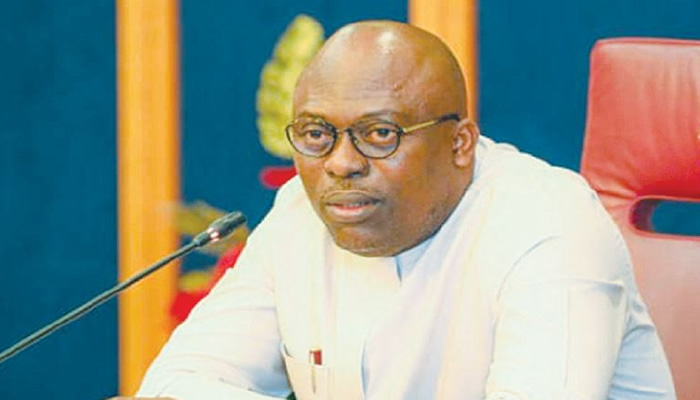
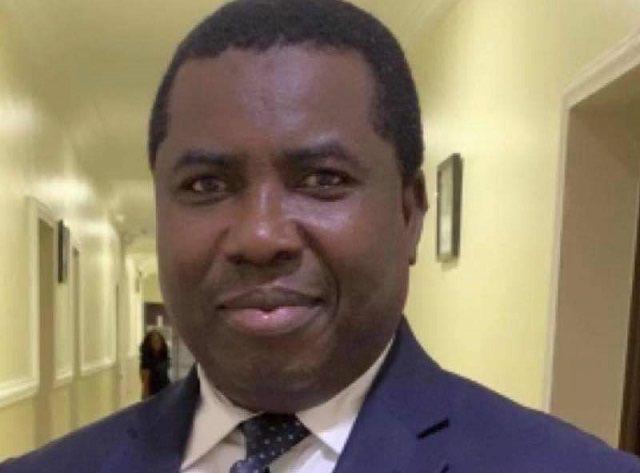
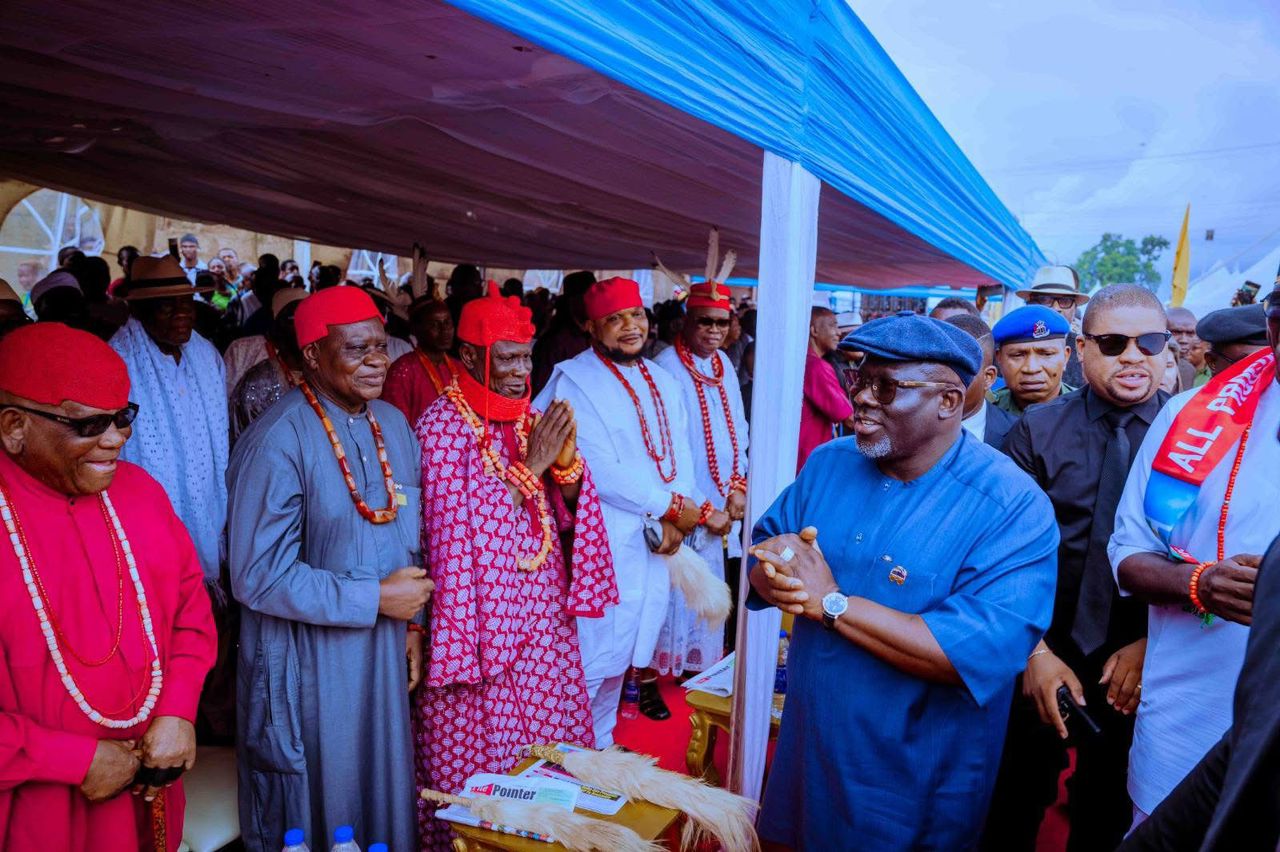




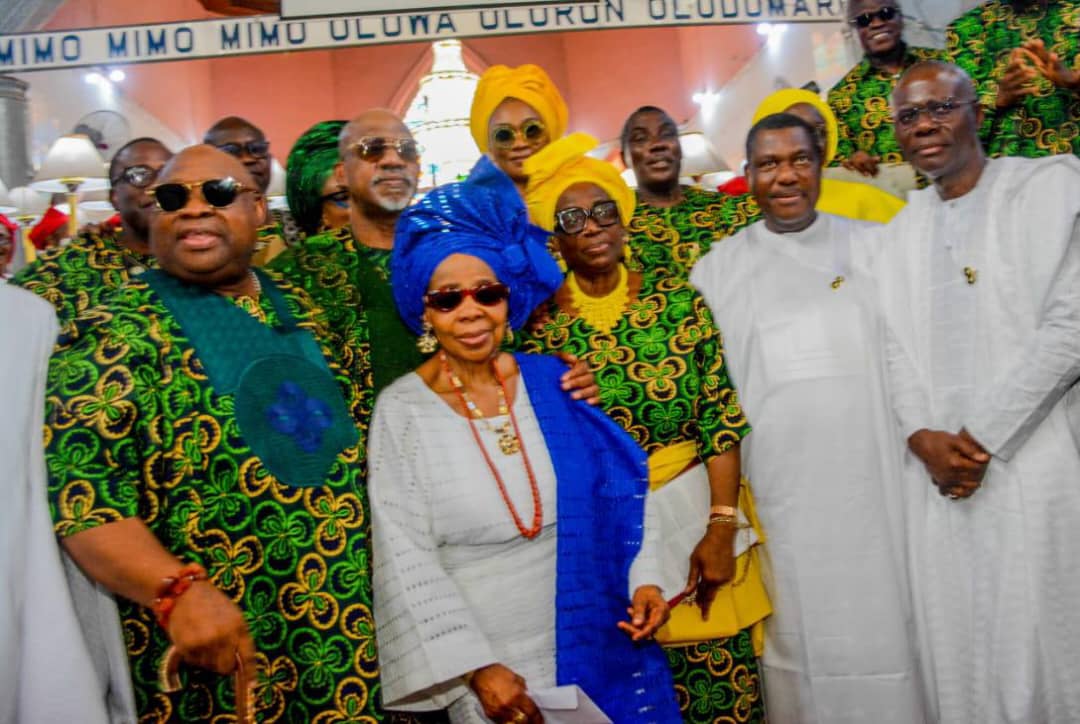


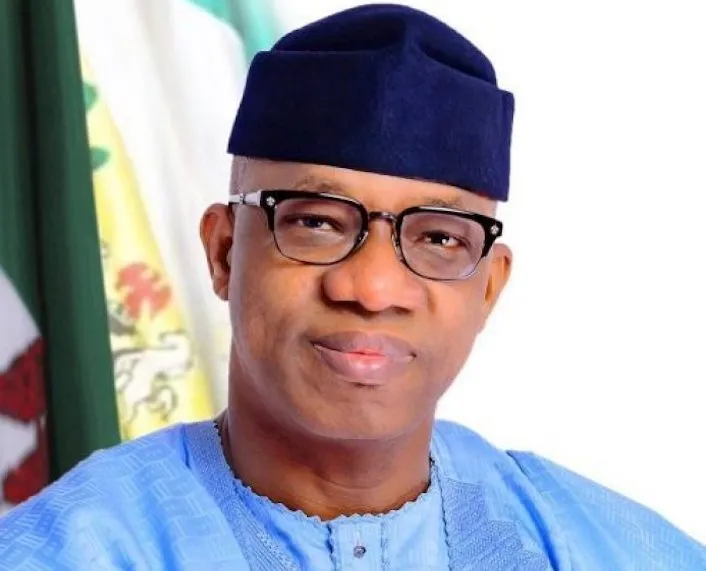
Leave a Reply